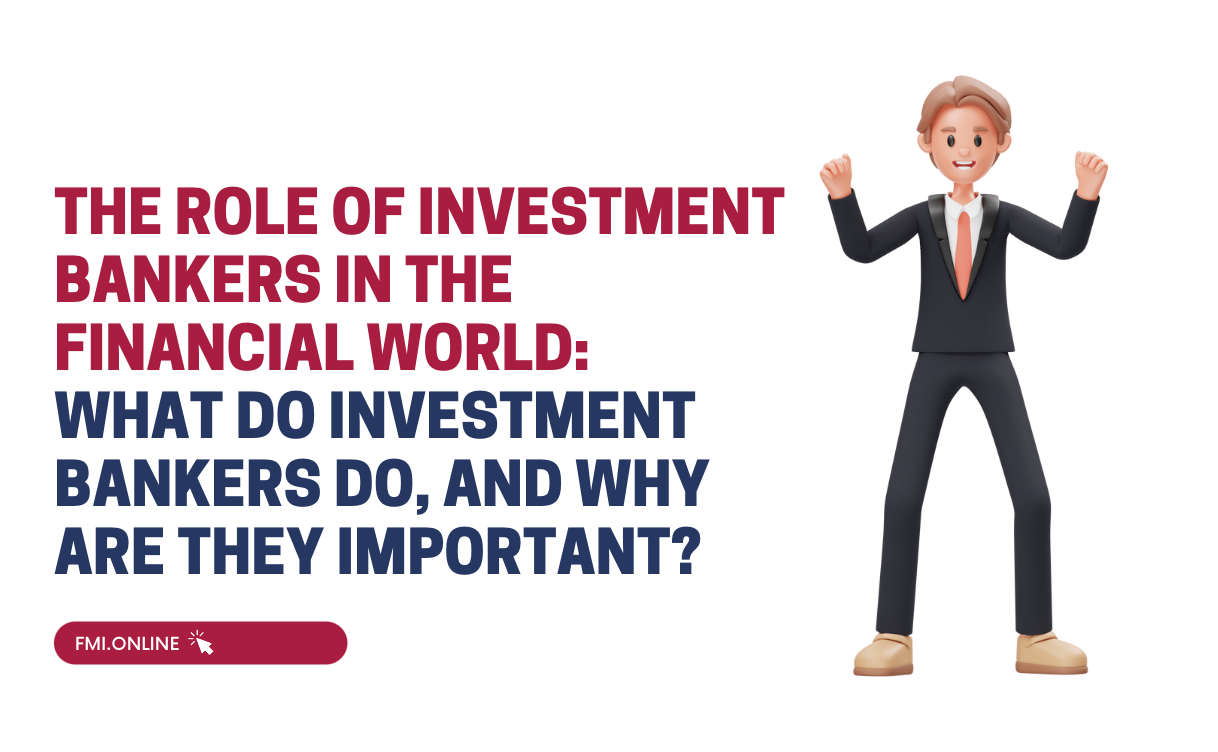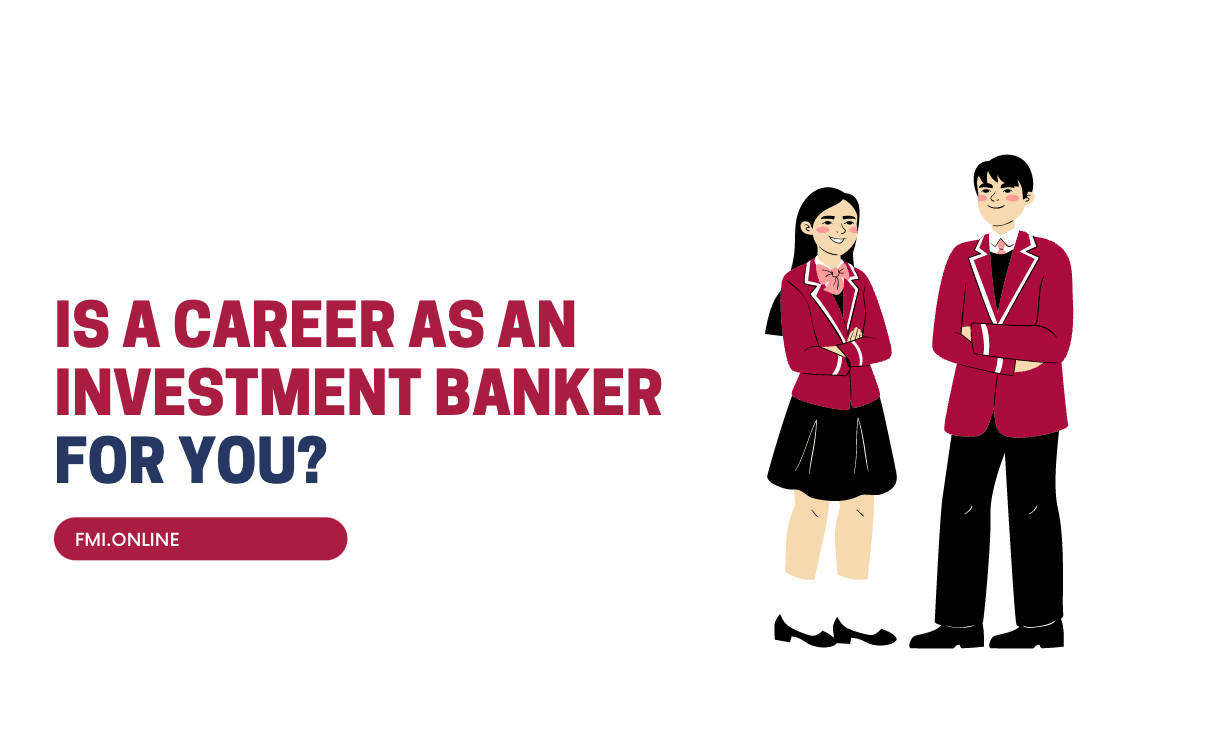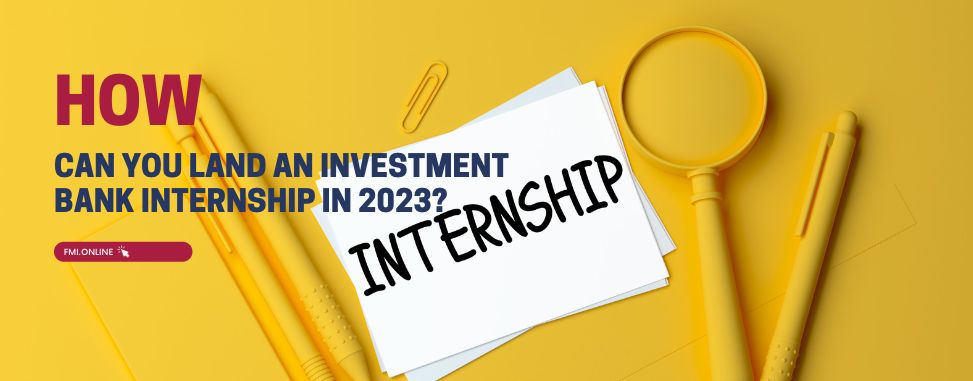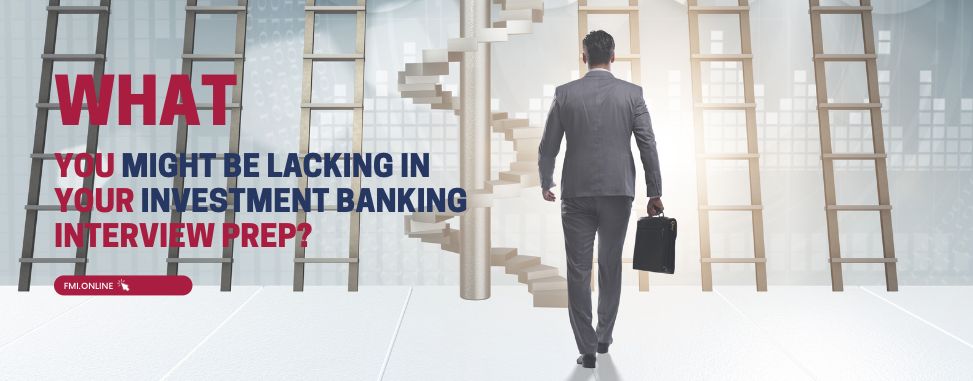An investment bank recruits people in a number of ways. Undergrads are hired onto internships; graduates are hired straight from University, MBAs straight from Graduate School, and experienced staff who have spent some time working in the industry already join when a position becomes available.
Internships
Investment banks offer different types of internships, depending on which one you are exploring. Summer internships, Easter programmes (aimed at first-year undergraduate students) even winter internships in some regions. If you are at a top tier university, the likelihood is that the banks will come to your campus and so you will have easy access to some of the people that work there. They will attend presentations, careers fairs that your University holds and/or tailored events such as case studies. Staff from the bank’s HR or recruitment department and bankers, traders, and other staff will attend these events so that they can talk to you about their roles. From here, you can decide which area you are best suited to and apply accordingly.
If you don’t attend a top tier university, then do your research online. Each bank has a recruitment page with a plethora of information at your fingertips. Can your career advisor help you gain access to people in the industry or events? Either way, ensure you know when the recruitment deadlines are, as you will not want to miss out.
Easter or Insight programmes are usually four days in length for first-year students of a three-year course or second-year students of a four-year course. These are very educational and don’t require any actual work at a desk. The programs are usually split into information areas, so for example, day one may be an introduction to the whole bank and explain what they do and what areas they have within them. Day two could concentrate on investment banking, day three equities, and fixed income, day four support areas such as compliance or IT. For those who get chosen to go onto these types of programs, you have a real chance to make a good impression as several will be fast-tracked through the recruitment process for the summer internship.
Summer internships for penultimate year students are usually 10 weeks, with the first week being training and introductions and the rest being on the job learning. You will be treated like one of the team of the desk you are working on. The hours can be tough and the work challenging, but it is the best way for the banks to test you out and for you to see if the culture of the bank suits you. Ideally, you will have done so much research before applying that the work and the environment doesn’t shock you, and you will feel ready to accept a full-time position at the end of the internship if you are offered one. The job offer would be for a full-time position once you graduate. An extremely high percentage of full-time graduate program positions are taken from the summer internships, so this is your very best way of getting in.
Graduates
Fresh graduates are hired onto graduate programs, with the vast majority of these positions being filled through summer internships. The few places that are left on this program are ones that weren’t filled with the interns, or from a desk that put in a late recruitment request. Nevertheless, it’s incredibly competitive to get in this way as available positions are not very high.
If you don’t manage to get a role in a graduate program then you might want to see what other finance roles are around. Not all finance roles are in top tier investment banks. You might find something that ticks many of your boxes in a smaller company or in a slightly different role than you imagined. If you decide that an investment bank is still where you want to be, then keep networking, researching, and looking on the recruitment pages of the bank’s websites to see if any junior positions have become available. You may have picked up some valuable experience in your current role that would appeal to the bank you are applying for.
Alternatively, you could study for a master’s in finance, which means you get another stab at applying for the graduate programme the year after your original application. You will have learned more along the way, possibly been through the application process, and so now know what to expect. You can rebrand yourself and impress this time around.
MBAs
Maybe you became interested in investment banking later, or the industry that you found yourself working in no longer suited you and so you wanted to make the switch. Doing an MBA enables you to apply for the bank’s MBA programs, but they will be looking for people who have expertise and experience in one of the areas they deal with so consumer/retail, energy, technology, for example. If your prior experience has no bearing on the business areas that they are hiring into, then they won’t be interested, no matter how intelligent you are. As with the above internship information, if you are at a top tier university, then banks will come to your campus for events so you can speak to them. If not, then all the banks have recruitment information about their MBA programs on their websites. The best way is through the MBA summer program, which you apply for in your penultimate year and take part in during the summer before you graduate. The idea is that you secure a full-time role in the MBA program upon graduation.
At the MBA level, you will have to know your stuff. MBAs are usually not hired into support roles but front office positions, and so you will be tested at interview and asked some very technical questions. Hiring numbers are not usually high, and so this is a very competitive program.
Experienced hires
People with several years of experience in an industry that can be useful to investment banking can transition into a VP type role. There are several roles open in the banks, but they are looking for specific skills, so you will need to read the job spec and see if you are suitable and how your skills match. If you have the experience or transferable skills that they are looking for, then you have a reasonable shot as there won’t be as many people applying as at the internship and graduate levels.
Whichever route you end up trying, to get into an investment bank, you will need to have the following things:
- A demonstrable interest and passion for the job.
- Work experience of some kind – even at the summer internship level, you will impress if you have traded stocks online or started up a student club or society.
- A clear reason or story to illustrate how you became interested in the industry and the particular area of the bank.
- A hobby to show you have an interest outside of finance and that you are a well-rounded individual.












 60+ hours
60+ hours 9 courses
9 courses



